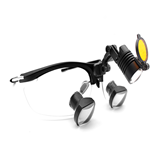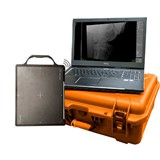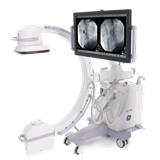Australian Orthopaedic Association President Dr Lawrie Malisano said the analysis reveals total hip and total knee replacements for those over the age of 80 are a safe and successful option for elderly patients who suffer from osteoarthritis and improves their quality of life.
“The elderly can benefit for many years following joint replacement surgery with 80% of those in the 80-89 age group and 60% of the 90+ age group surviving at least five years after surgery. At 10 years, over 40% of the 80-89 age group and almost 15% of the 90+ age group are still alive,” Dr Malisano said.
And it is not just the elderly who are benefitting. Whole of population data reveals hip replacements have increased by 1% while knee replacements have risen by 5% over the last 12 months.
The findings are presented in light of more recent data that sees the lowest proportions of revision surgery (corrective surgery on already replaced joints) ever recorded over a 12-month period.
“With more joint replacement surgeries being performed you could reasonably suggest that the success or otherwise may be impacted. However, this is not the case with the proportion of revision surgery decreasing. The proportion of revision surgery for hip, knee and shoulder is at its lowest level since the AOANJRR began data collection,” Dr Malisano said.
Another significant first-time finding in this year’s analysis reveals the success of joint replacement procedures for hip and knee replacements relative to the patient’s body mass index and physical status classification, or ASA, a point classification system given to patients prior to surgery that considers their relative health (see Appendix 2).
“Unsurprisingly, those in the best health and close to normal BMI are significantly less likely to require revision surgery. However, we are just now understanding the role that BMI and ASA has on joint replacement patients.”
“Being overweight increases a person’s likelihood of needing a joint replacement but it also increases their risk of complications. One of the important issues for the registry to resolve now that it has identified these differences is how best to improve the results in patients with poor health and who are within the obese categories of BMI.” Dr Malisano said.
As in previous years hip, knee and shoulder devices that have higher than anticipated levels of revision have been identified.
“This year, 11 new prosthesis including three total hip, one partial hip, six total knee, one shoulder combination have been identified as having higher than anticipated rates of revision and have been forwarded to the Therapeutic Goods Administration for further review.
“Through quality analysis and reporting of accurate, validated data on almost every joint replacement procedure undertaken in Australia, the National Joint Replacement Registry has been able to provide information to surgeons and their patients that has consistently led to better quality of life outcomes for the tens of thousands of Australians that undergo joint replacement surgery every year,” said Dr Malisano.


-160x160-state_article-rel-cat.png)
















%20(1)-160x160-state_article-rel-cat.png)
